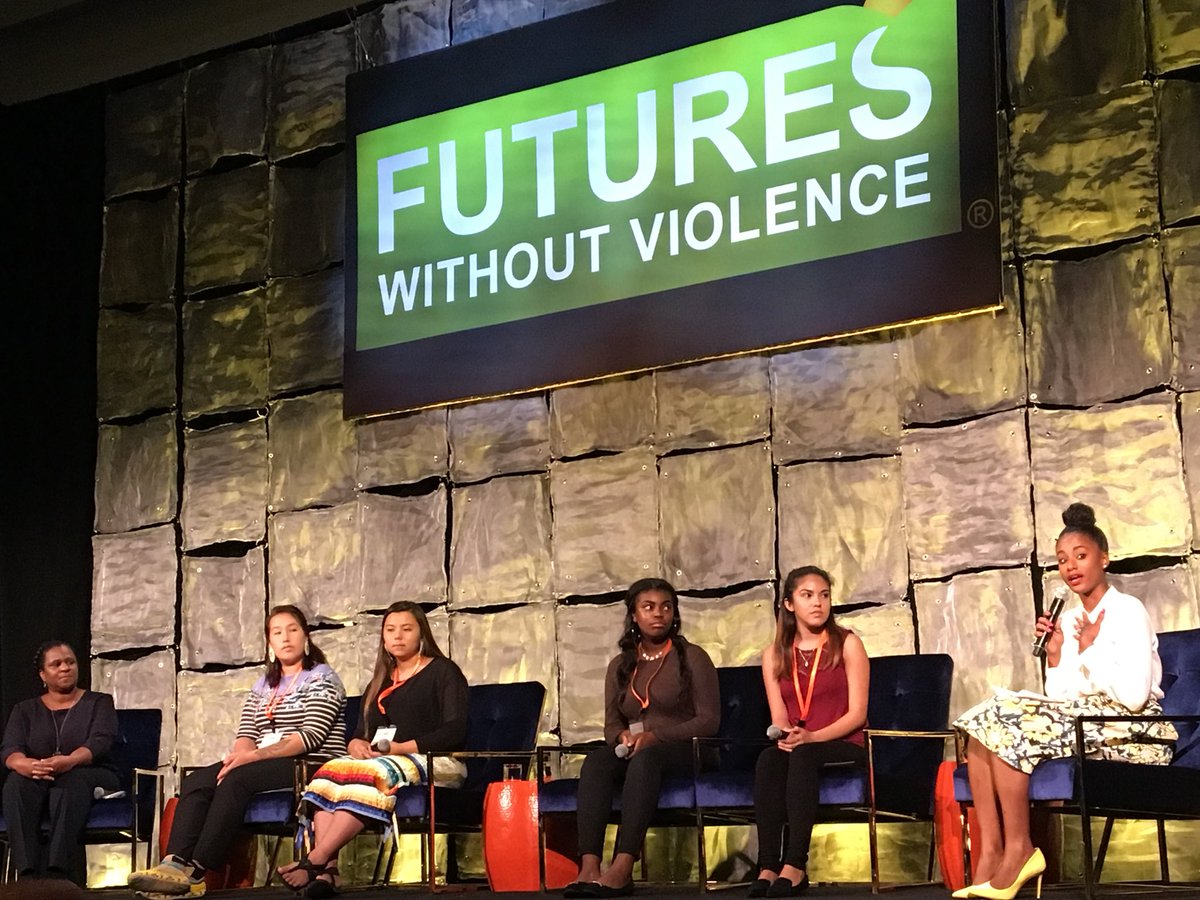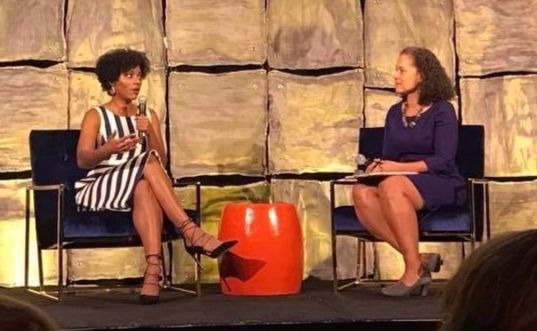3 Things I Learned at the National Conference on Health and Domestic Violence

Sixteen preconference institutes, 75 workshops, 4 plenaries, 2 keynotes, and over 500 speakers later, the National Conference on Health and Domestic Violence is done! Thank you to all who attended, and we hope to see you again in 2019.
The goal of the 8th Biennial NCHDV was to advance the field of health care’s response to domestic violence. Though the conference did just that, it seemed that today’s political environment influenced the ongoing theme of this year’s event. The conference challenged issues of racism and the policies and attitudes that are detrimental to the health of our communities. Here are a few things I learned:
“Hurt people, hurt people. Free people, free people.”
These were the powerful words spoken by performer and writer Sarah Jones during her multi-character one-woman show, which she performed during one of the conference’s lunches. Her performance reflected on the dimensions of domestic violence and how it affects a diverse group of women, including the elderly, young, poor, and people of color. What a wonderful eye-opener to the dimensions of domestic violence.
Now is a crucial time to have conversations around societal, institutional, and structural racism, and I was very pleased with the way NCHDV facilitated these conversations. Health inequities are the effects of intentional and unintentional racism, and this needs to be continuously addressed. Racism IS a public health issue. We can’t be successful at anti-violence work without incorporating anti-racism work.
Redefining the experts – youth!
Youth empowerment and education is one topic that was emphasized throughout the conference; there was even a whole plenary of youth panelists! Many workshops focused on targeting youth and young adults as prevention strategies for domestic violence and sexual assault. We need to have the confidence to address these topics with youth.
As one of our guest speakers, political analyst and survivor Zerlina Maxwell said, “If you train men not to grow up to become rapists, you prevent rape.” The conference also taught me that it is important to listen and empower youth. We need to remember the creativity that young people possess, and to listen to their voices, stories, and ideas that address issues that impact their lives. “Peace be a world where we listen to our youth with our entire bodies.”

There’s always more work to be done.
As Sarah Jones mentioned, “We have data that supports data that we can never have enough data.” There is always more research to be done, more questions to be asked, and more strategies to create. Otherwise, this conference wouldn’t exist! I left the conference with so many unanswered questions, but these unanswered questions empowered me to find the answers, the solutions. In light of the current administration, we need to continue the work of anti-violence now more than ever. Beyond the individual, there are ways to collectively act.
There’s always more work to be done, and after attending a three-day conference surrounded by health professionals, social workers, community advocates, students, and youth, I can confidently say that we are ready.
For more on the National Conference on Health and Domestic Violence, visit nchdv.org.





